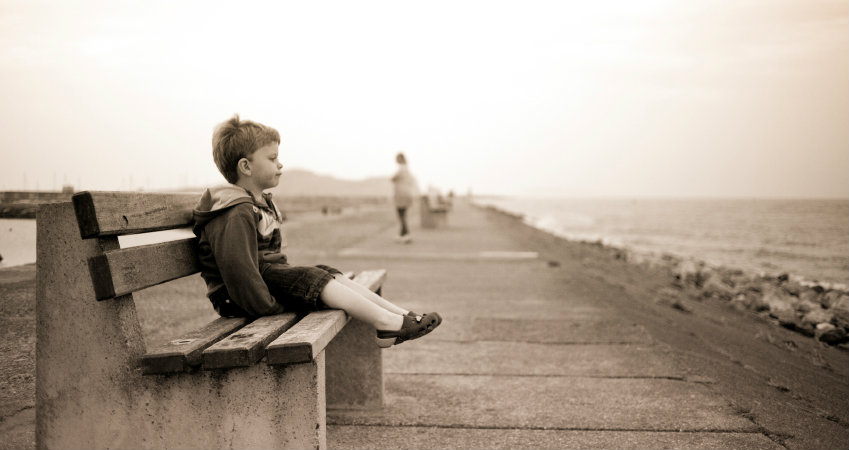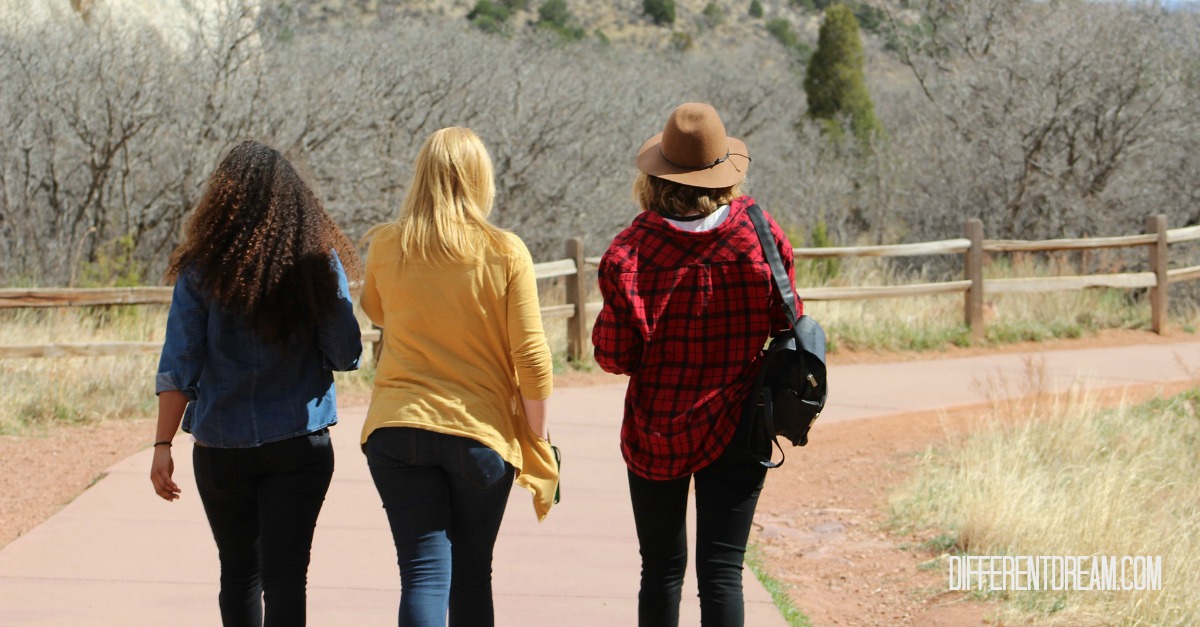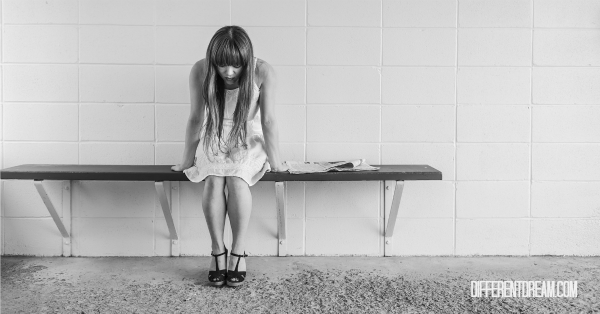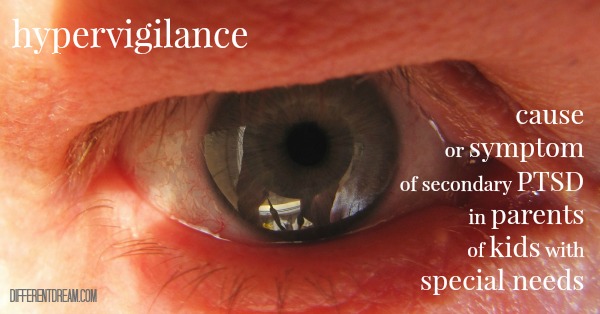4 Ways to Prevent Post-Traumatic Stress Disorder in Children

Post-traumatic stress disorder (PTSD) in children. That’s a concept many adults want to deny. We don’t want to live in a world where children, much less infants, develop PTSD. The bad news is that they can. But there’s also good news: resources and techniques exist to keep childhood trauma from developing into full-blown PTSD. In a final post of my Friendship Circle series about PTSD in children, some preventative measures were highlighted.
Four Ways to Prevent PTSD in Children
Several therapies are highly effective in preventing the development of PTSD after childhood trauma. Four of the best known are listed below:
- Debrief after a traumatic event.
- Administer trauma prevention first aid.
- Involve a child life specialist.
- Keep pre-verbal and non-verbal children grounded.
To learn the details of each of these preventative measures and to find links to resources, read the Friendship Circle post 4 Ways to Prevent Post-Traumatic Stress Disorder in Children.
A New PTSD Resource Coming Soon!
In case you missed February’s exciting announcement, here it again. In December, I signed a contract with Familius for a book about PTSD in children. The manuscript is due November 30 of this year with a tentative release date of Spring, 2015.
What are Your Burning PTSD in Children Questions?
I’d love to know what questions about PTSD in children are buzzing around in your mind. What do you need to know to help your child? Leave your questions in the comment box. Thanks!
Do you like what you see at DifferentDream.com? You can receive more great content by subscribing to the quarterly Different Dream newsletter and signing up for the daily RSS feed delivered to your email inbox. You can sign up for the first in the pop-up box and the second at the bottom of this page.
By Jolene
Jolene Philo is the author of the Different Dream series for parents of kids with special needs. She speaks at parenting and special needs conferences around the country. She’s also the creator and host of the Different Dream website. Sharing Love Abundantly With Special Needs Families: The 5 Love Languages® for Parents Raising Children with Disabilities, which she co-authored with Dr. Gary Chapman, was released in August of 2019 and is available at local bookstores, their bookstore website, and at Amazon. The first book in her cozy mystery series, See Jane Run!, features people with disabilities and will be released in June of 2022.
5 Comments
Submit a Comment
Subscribe for Updates from Jolene
Related Posts
Explaining Secondary PTSD and Stress to Others, Pt. 6
How to explain secondary PTSD to friends & family who think it’s something only soldiers deal with? Dr. Liz Matheis offers suggestions in this Q & A.
Coping Mechanisms for Traumatized Parents of Kids with Special Needs, Pt. 5
What coping mechanisms can parents of kids with special needs employ when they feel anxiety building? Dr. Liz Matheis answers moms with secondary PTSD.
Is Hypervigilance a Cause or Symptom of PTSD? Pt. 4
Is hypervigilance a cause or symptom of PTSD in parents of kids with special needs. According to psychologist Liz Matheis, the answer is yes to both.






You are so welcome. I’m glad to hear you’re looking for treatment and on the right track.
What helpful tips, Jolene. Thank you ever so much for your wisdom. We are, in fact, seeing a therapist with in-depth experience with trauma and EMDR. Helps us know we’re on the right track! 🙂
Dear Debbie,
There are many therapies that deal with multiple, unrelated traumas. The best therapists take a thorough history and begin with the earliest traumas, processing them one at a time. The most important thing is to find a therapist with trauma-specific training. Because some of the trauma occurred when your son was non-verbal, he will also need more than talk therapy. He’s old enough that an EMDR therapist with trauma training may be an option. Another excellent option is to go to the Intensive Trauma Therapy website at http://www.traumatherapy.us. They run intensive 1 or 2 week out patient treatment in Morgantown, West Virginia. They have also trained therapists around the country in their methods. The clinic is in the process of updating their website, so the information may not be current. Feel free to call them and ask about therapists in your area. Or considering taking your son there. If you can swing it financially, it’s worth every penny.
Best wishes,
Jolene
Hello,
We just received a the PTSD diagnosis for my 15-year old son. It’s unusual in the fact that it has been a series of events which have caused it – from infant circumcision, to teasing, to exposure to sexual images at a friend’s home. We are a family who has searched and searched for answers to our son’s social issues, scholastic dissatisfaction, and eventual rebellion against us and society, and we are just now hearing this diagnosis. It’s hard to find resources on this type of PTSD, as it is multi-faceted and not your usual single-event trauma. The hardest part is finding support for us as parents. We are on the verge of emotional breakdown, dealing with guilt, anger, frustration, and exhaustion. Any suggestions on where to find help? Hope this book brings much needed wisdom and comfort for families dealing with this.
I am looking forward to this resource. Unfortunately, PTSD has affected many generations of both sides of my family. Now, I am an overprotective mother. Whew. Hanging on for the ride.